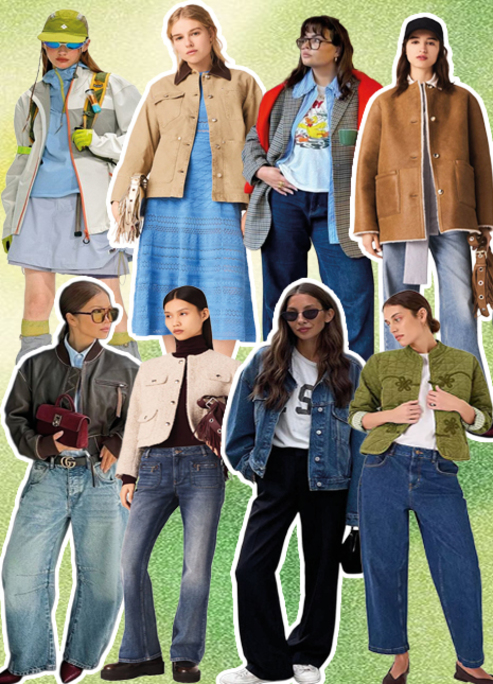
Sustainability Trailblazers: Copenhagen Fashion Week Bans Exotic Skins
How the fashion capital continues to be a pioneer in sustainable apparel.
With the fashion industry being one of the least sustainable in the world, it’s important for the big names in apparel to set the standard. The fashion capital of Copenhagen—through their consistently updated sustainability requirements—often leads the way in terms of environmentally-conscious fashion. As a huge contender in fashion week events, creating ethical guidelines that better the industry is increasingly important as it leads apparel brands and other fashion events to follow suit.
In most recent news, Copenhagen has adjusted their guidelines to include a prohibition of exotic animal skins and feathers from being used in collections showcased at their fashion week events. Coming just one year after their initial requirements went into effect, which included a ban on virgin animal furs, the development displays CPHFW’s commitment to transforming the inner-workings of the industry.
THE GUIDELINES
Copenhagen Fashion Week’s guidelines are aimed at improving the following categories: strategic direction, design, smart material choices, working conditions, consumer engagement, and show production. Touching environmental, social, cultural, and ethical issues, the regulations include required training in areas such as sustainability practices, mental health, diversity, equity, and inclusion, and peoples’ management.
With a strong aim at ensuring the quality and longevity of apparel, brands engaging in CPHFW must implement circular design principles, use eco-friendly fabrics, participate in emission reduction activities, and avoid destroying unsold garments. There is a heavy emphasis on the optimization of materials and natural resources in order to reduce carbon emissions and prevent unnecessary waste. Copenhagen Fashion Week is setting standards within the workplace, too, by committing to equal opportunities and maintaining a safe and respectful environment with huge consequences in areas such as harassment and bribery. As for the suppliers of brands’ participating in CPHFW, it is required that they provide living wages to their employees.
THE IMPACT
Through setting these ethical guidelines, Copenhagen Fashion Week is already incentivizing brands to better perform in terms of sustainability strategies, from the materials they use to the suppliers they work with. Dolce & Gabbana, Alexander McQueen, and Balenciaga are fashion houses that have already prohibited the use of furs in their designs, and it is likely that developments being made by top dogs like CPHFW will encourage more brands to head in a sustainable direction and expand their own conscious guidelines.
Copenhagen is truly spearheading the trend of sustainability within the apparel industry, and we hope to see other big players in the fashion realm follow their lead.











